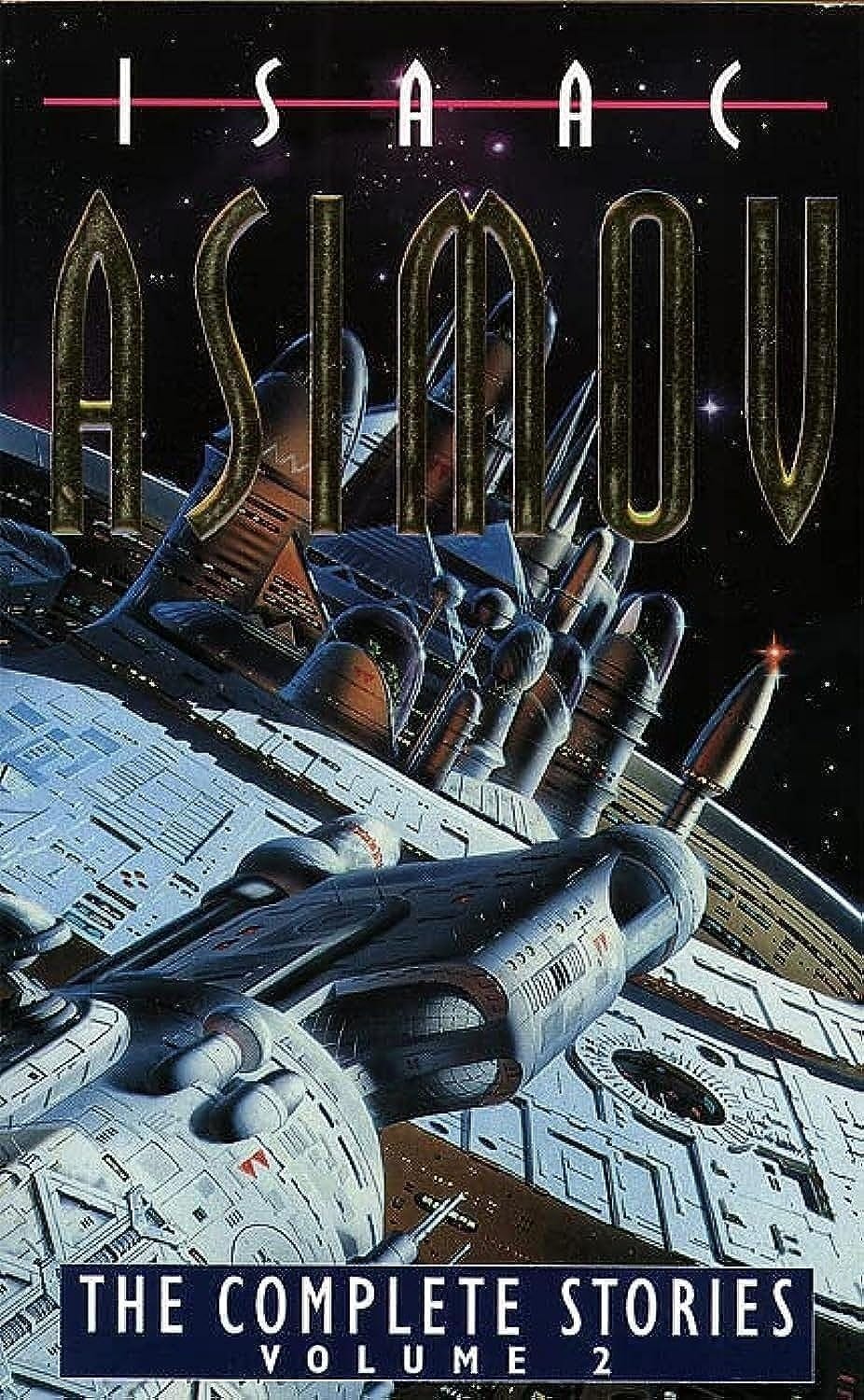Dystopian Visions: The Machine That Won The War
A story published over sixty years ago is still surprisingly relevant
Given how worried some people are about our becoming too reliant on computers, an issue that is, perhaps, even more relevant today with the advent of very advanced artificial intelligence, it might be interesting to read and discuss this story by Isaac Asimov, published in 1961. It prompts us to ask: what really happens when a computer is invented that can make every decision in a war?
As well as discussing what happens in the story, it would be interesting I think to discuss whether this story could be written nowadays, or at least in the very near future. Would it be as convincing?
I’ll reveal the plot in a minute, but if you’d rather read the story first, you’ll find it in this book:

Asimov conceived of an all-powerful computer called Multivac. In terms of what it can do, it’s not that far removed from our current and envisaged AI capacity. The situation is that Earth has just won the war against aliens, and the three people most closely involved with the decision-making each assumed that Multivac was responsible. However, it turns out that, one person didn’t trust the data he was supposed to put in, and someone else, independently, didn’t trust the data that came out. (He introduced what he called “the bugger factor”.)
The person responsible for decision-making on the battlefield didn’t trust it all, so he ignored it. The others ask him what he did then.
“Well, it’s time to be getting back perhaps but – I’ll tell you first. Why not? I did make use of a computer, Max, but an older one than Multivac, much older.”
He groped in his own pocket for cigarettes, and brought out a package along with a scattering of small change; old-fashioned coins dating to the first years before the metal shortage had brought into being a credit system tied to a computer-complex.
Swift smiled rather sheepishly. “I still need these to make money seem substantial to me. An old man finds it hard to abandon the habits of youth.” He put a cigarette between his lips and dropped the coins one by one back into his pocket.
He held the last coin between his fingers, staring absently at it. “Multivac is not the first computer, friends, nor the best-known, nor the one that can most efficiently lift the load of decision from the shoulders of the executive. A machine did win the war, John; at least a very simple computing device did; one that I used every time I had a particularly hard decision to make.”
With a faint smile of reminiscence, he flipped the coin he held. It glinted in the air as it spun and came down in Swift’s outstretched palm. His hand closed over it and brought it down on the back of his left hand. His right hand remained in place, hiding the coin. “Heads or tails, gentlemen?” said Swift.
I’ve always loved that ending! Heads or tails, gentlemen? Marvellous!
Interestingly enough, whenever I’ve had occasion to develop a spreadsheet, I’ve allowed for a certain degree of randomisation or user input — the bugger factor. The simple fact is, although I love spreadesheets and other apps that can automate decisions, there are some occasions when the user needs to exercise a bit of common sense. “Computer says ‘No’” is, to my mind, an indication of very poor programming.
Thoughts?


Interesting? Computer says, "Yes."
How many stories, literary or cinematic, have a machine or synthetic life form as an outright ANTAGONIST **or** " misunderstood monster " ? The Golem ( Rabbi Judah Loew, Prague, 1620 ) through HAL 9000 with a straight shot to Skynet & the Terminator.